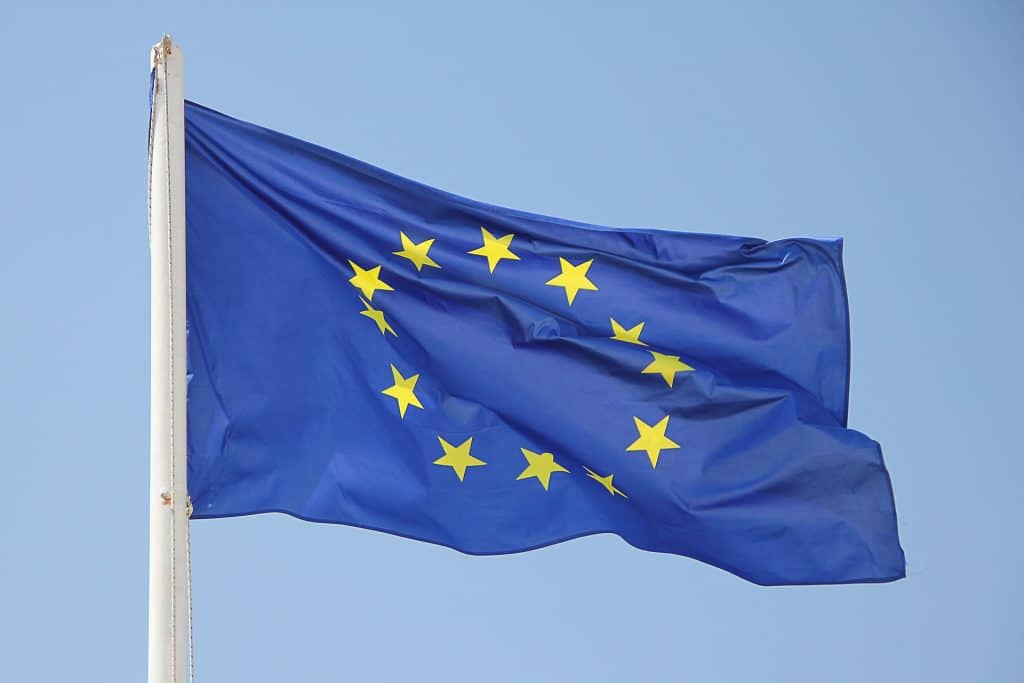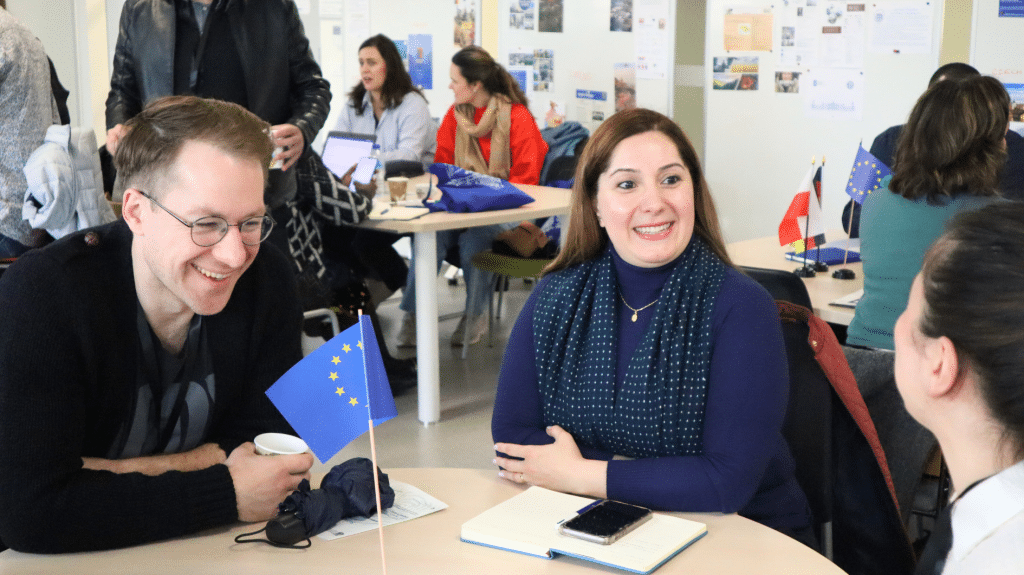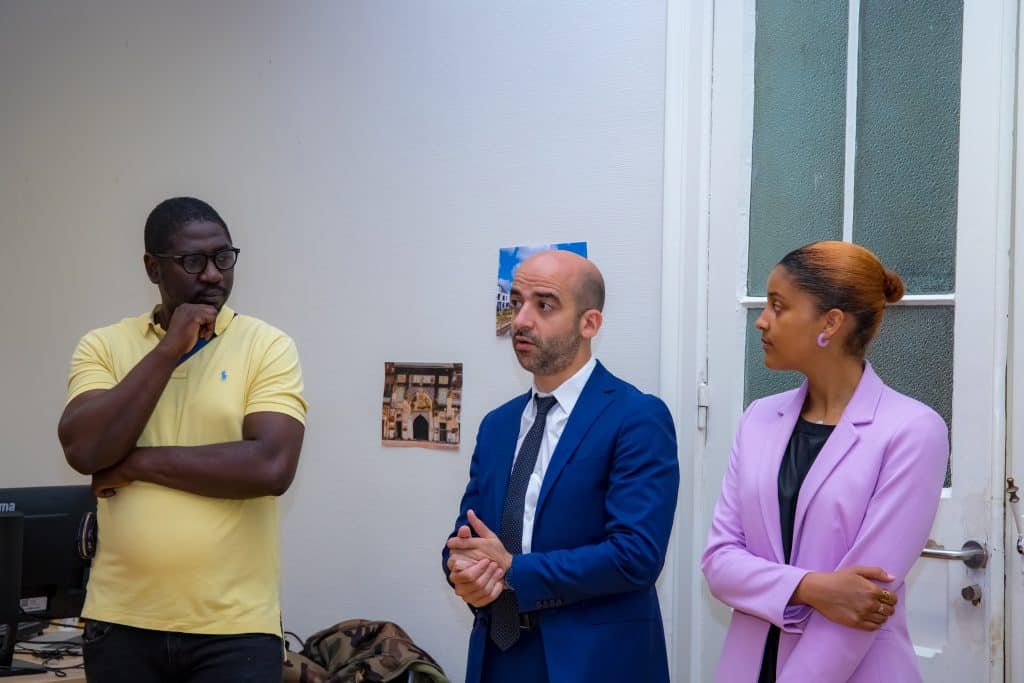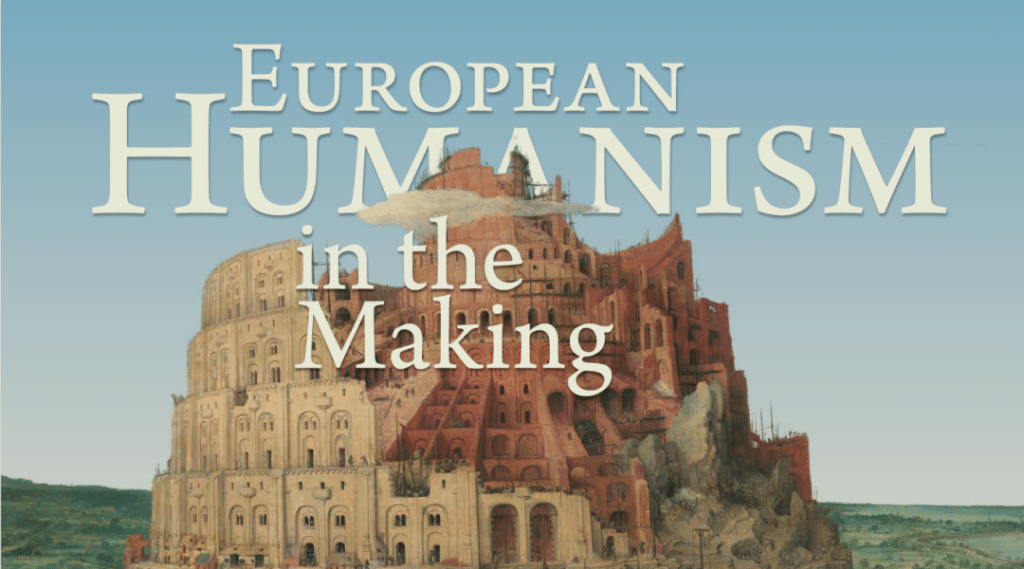The Université Catholique de Lille is one of the French universities that pioneered international mobility, signing international partnership agreements in the early 1970s. It has a vast network of 558 partners around the world, including 440 in Europe, and has been involved in programs such as Erasmus+ and INTERREG since the 1980s.
Through its commitment to internationalisation and its involvement in numerous European projects, the University promotes cultural diversity and an international mindset.
Our international commitments
Lille, an international city
Founded in 1066, Lille was an important commercial crossroads between the Flemish cities and the Champagne markets before becoming French in 1667. Under Louis XIV, Vauban built the Citadelle, which quickly became a symbol of the city. Two centuries later, Lille became a major industrial centre, attracting an international workforce for its textile and metal industries. Located at the heart of Europe, the Université Catholique de Lille draws its tradition of openness and welcome from this strategic position. It is for this reason that it established international partnerships as early as the 1970s.
Internationalisation at home
Internationalisation is at the heart of the Université Catholique de Lille‘s project, which promotes cultural diversity and commitment to European citizenship. It incorporates this dimension into its teaching methods by offering comprehensive courses with a global dimension, both abroad and at home. This approach is rooted in our research as well as in the exchange of best practices on intercultural issues in higher education, but also with the business world, especially through the Centre of Excellence for Intercultural Commitment at IESEG and the Clarife at the Faculty of Arts and Humanities. Our programmes are international, with courses in foreign languages and international visiting professors. In addition, it promotes intercultural skills through local civic engagement, reinforcing its commitment to a global and inclusive education.
Several European projects
PPILOW H2020
The PPILOW H2020 project, running from 2019 to 2024 including JUNIA and nine European countries, aims to improve the welfare of poultry and pigs raised in organic and free-range systems. Its unique participatory approach involves all stakeholders in the sector in identifying and implementing solutions while ensuring a balance in the agri-food sector.
E-Balance+
The E-balance+ project, run from 2020 to 2023 by 15 entities from 8 EU countries, including the Université Catholique de Lille and Junia, promotes energy flexibility via the H2020 program. Thanks to its ICT platform, it is possible to manage energy networks sustainably, which is beneficial for energy professionals and electricity operators.
Smart Aquaponics Interreg FWL
From 2018 to 2023, the Smart Aquaponics Interreg FWL project brought together 14 Belgian and French partners, including JUNIA, to promote professional aquaponics in the France-Wallonie-Flanders cross-border region. Its innovative application facilitates training, design and monitoring, thereby encouraging sustainable agriculture.
MaPerEn
From 2020 to 2023, the MaPeRen project brought together the Université Catholique de Lille, JUNIA, the City of Lille and Lille Métropole Habitat to reduce energy consumption and emissions in more than 350 public buildings. This is a clear example of investment in the region’s energy transition.

Erasmus+ Mobility 2021-2027
The Université Catholique de Lille has been an active participant in the Erasmus program from the start. It is the second most active French institution in terms of international mobility, with more than 1,300 exchanges per year. Find out more about our Erasmus programs by visiting our dedicated web page.
Erasmus+ International Credit Mobility
Through the Erasmus+ International Mobility Credit programme, the Université Catholique de Lille aims to strengthen its cooperation with strategic partners outside the European Union. It also envisions to develop new partnerships with neighbouring countries of the EU.


International solidarity
With its International Solidarity program, the Université Catholique de Lille is committed to providing long-term support to its partners to encourage the professional development of university professors, researchers and staff members. The aim is to develop their skills and enable them to make a significant contribution to their respective institutions after their training at the University.
FUCE Summer School 2025
The sixth edition of the summer school ‘European Humanism in the Making’, organized by the European Federation of Catholic Universities (FUCE) and coordinated by the University Centre Saint-Ignatius Antwerp (UCSIA), will take place on the campus of the Université Catholique de Lille (UCLille) from Monday June 30th until Friday, July 4th 2025.
The University has taken over by hosting the 5th edition last year and the next 2.



